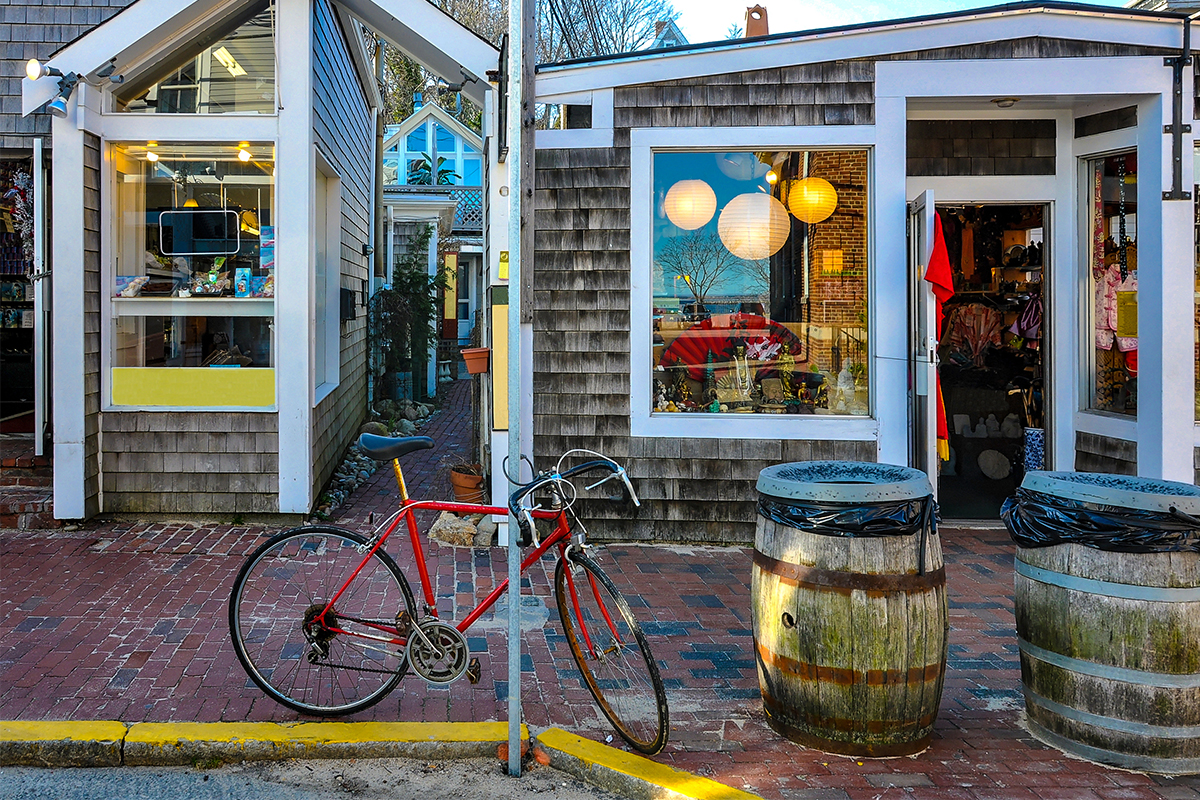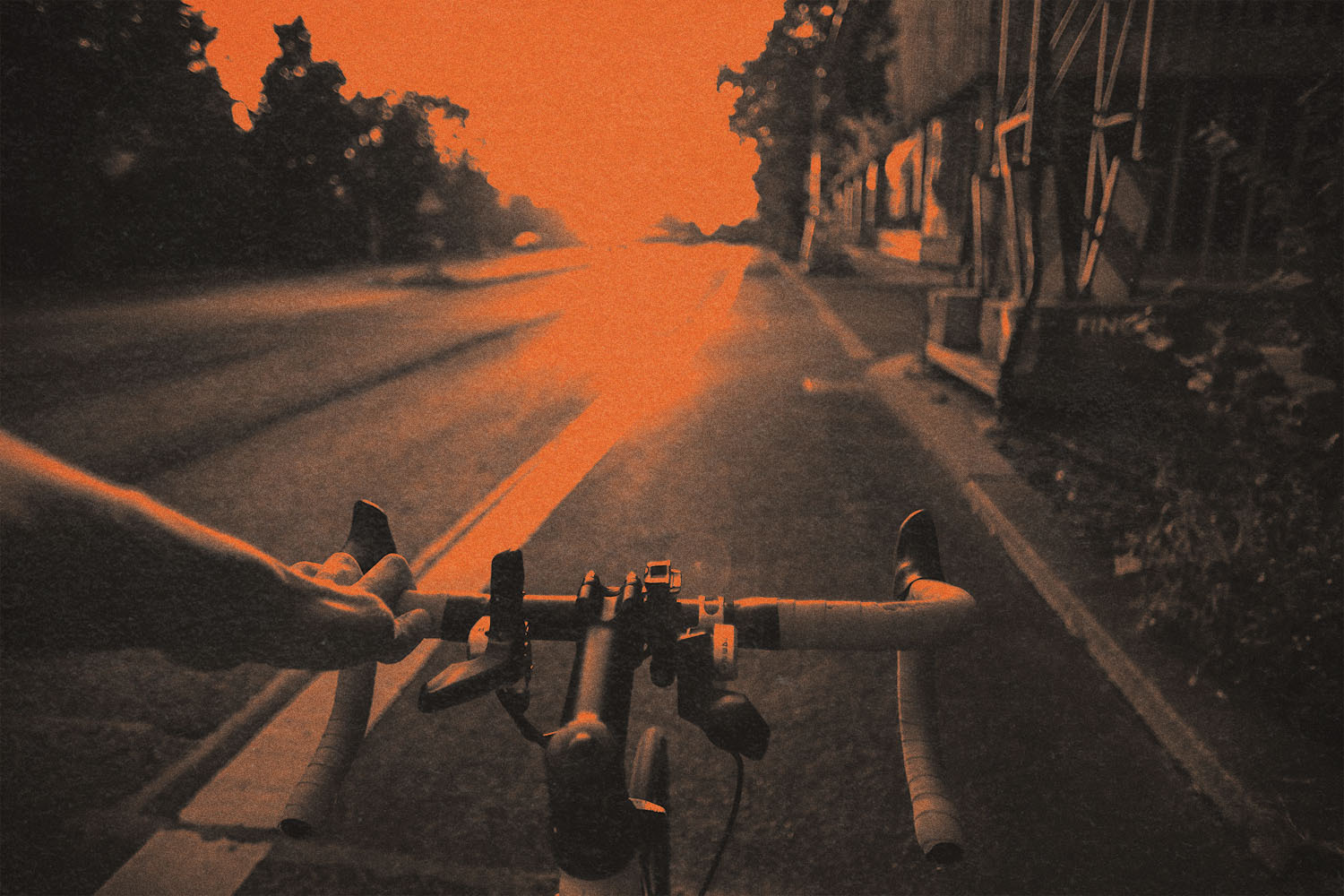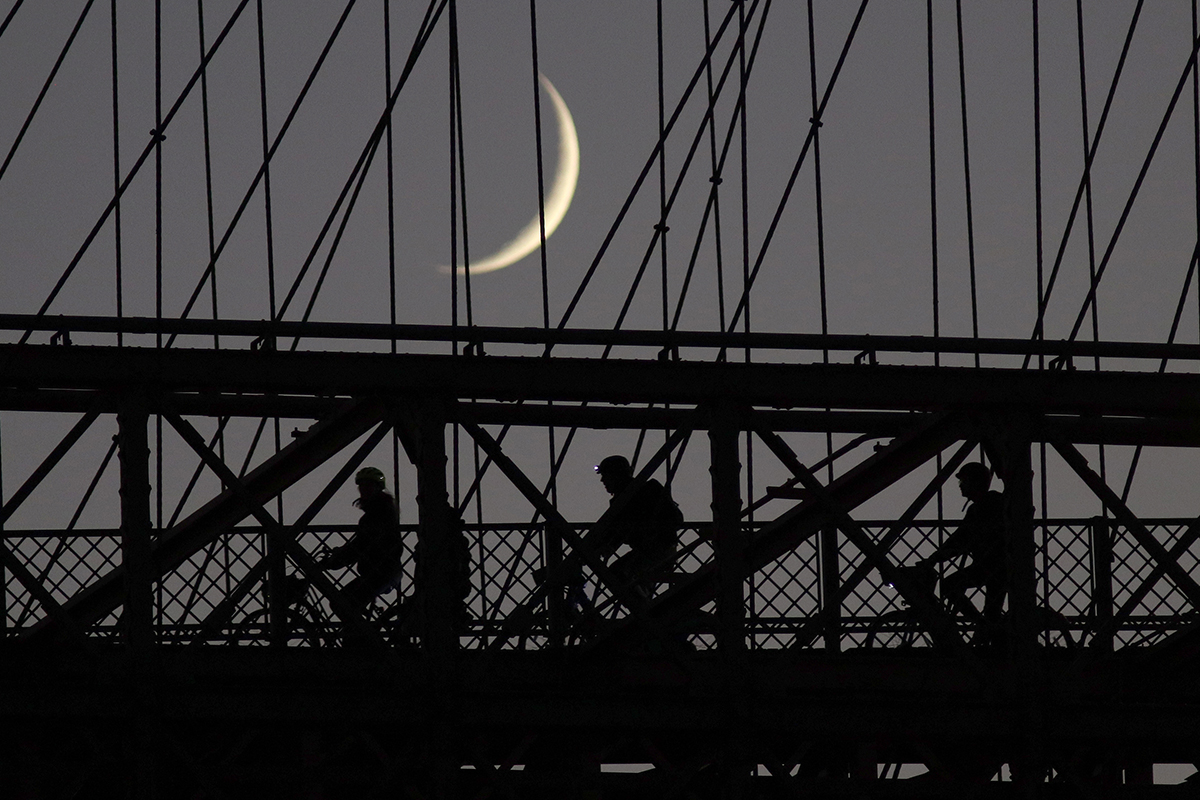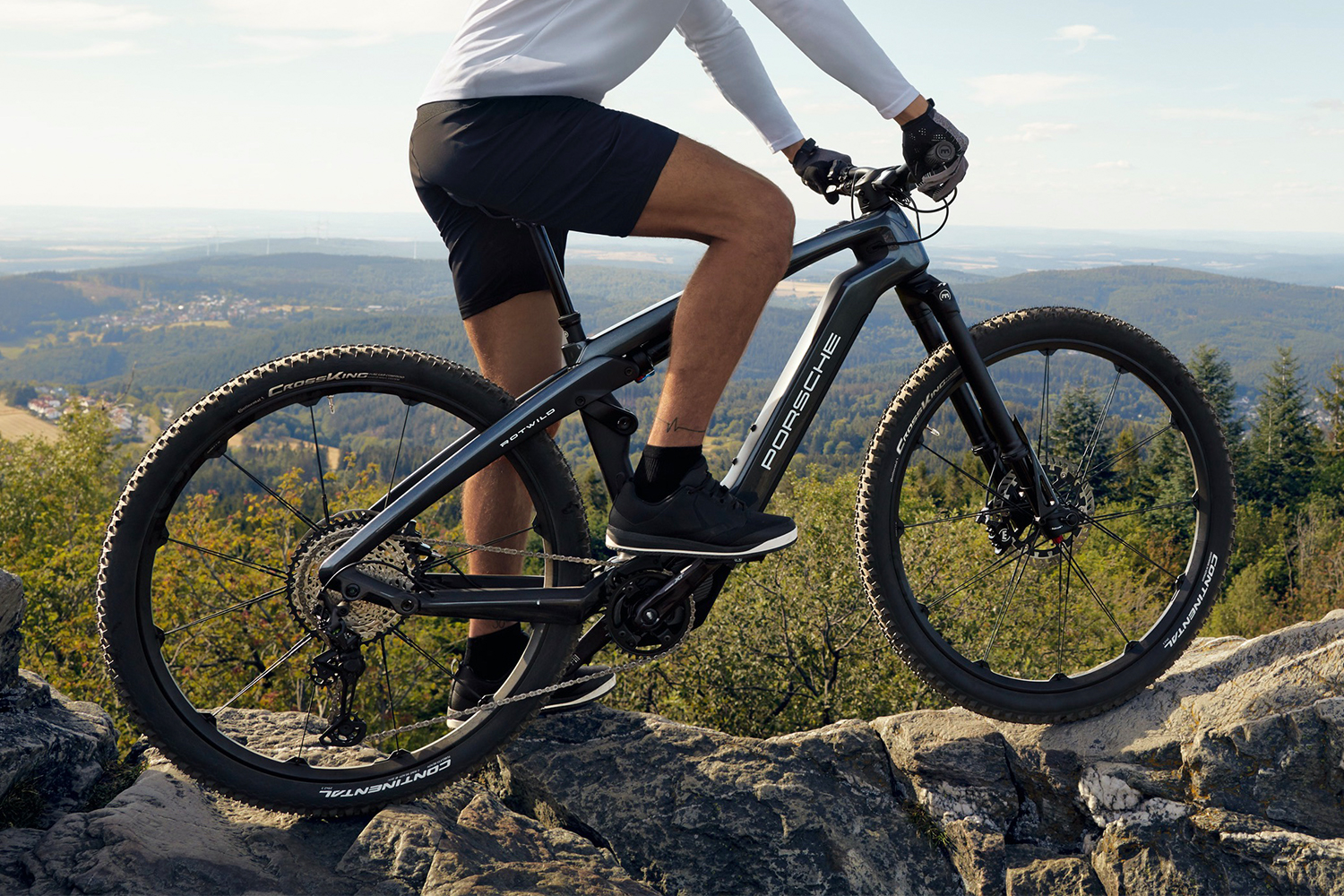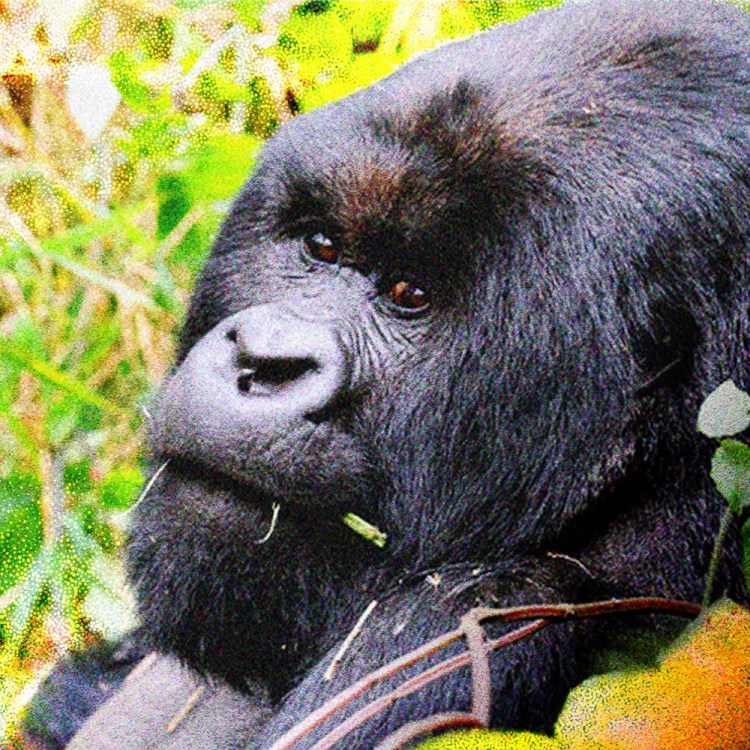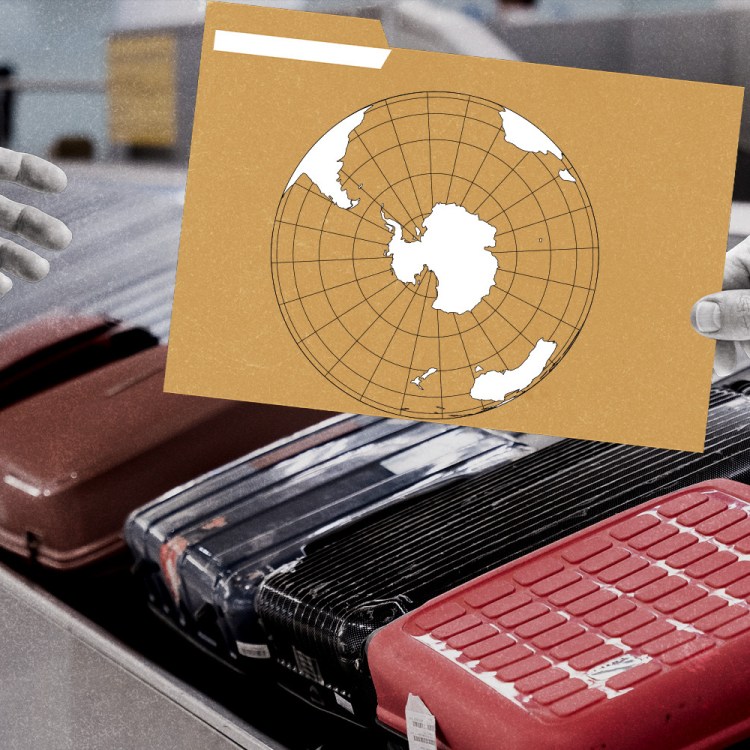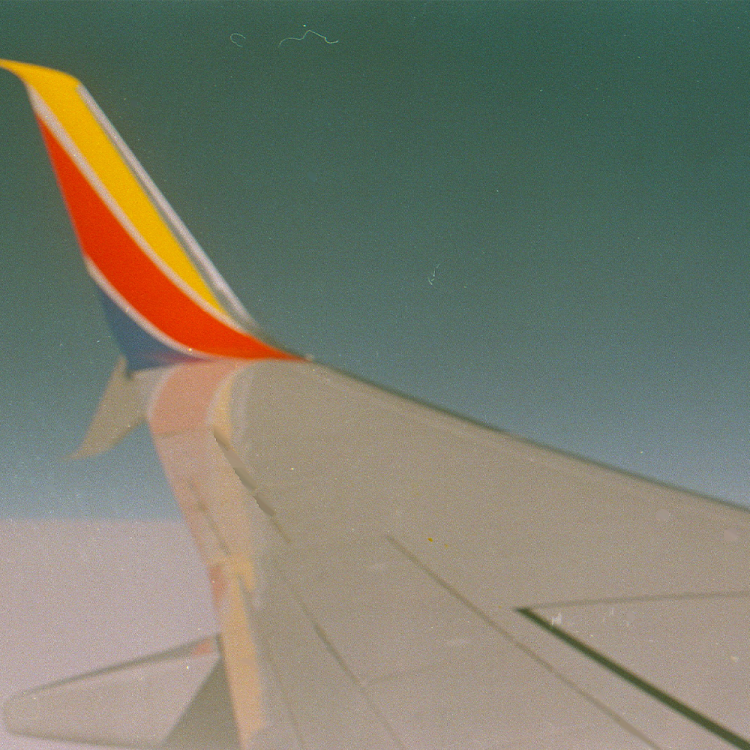According to a recent report from PeopleForBikes, a Boulder-based nonprofit for bicycle advocacy, the best biking network in the U.S. belongs to Provincetown, Massachusetts, the seaside community on the northern tip of Cape Cod.
This is the fourth year in a row that PeopleForBikes has assessed biking communities around the globe (to the tune of over 750 cities), and this time around its members ranked each locality on a 100-point scale. The organization factored in four main criteria:
- Awareness: How familiar people are with local biking resources and their city’s efforts to improve biking.
- Network: How well a city’s bike network connects people to places they want to go.
- Ridership: How often people ride bikes in their city for transportation and recreation.
- Safety: How safe people feel riding a bike in their city.
That information was then cross-referenced with the access that biking provides — are jobs, schools, grocery stores, trails and hospitals actually nearby? Do the neighborhoods make sense for bikes? Or are they at least trending in that direction? All told, Provincetown scored an 81 on this scoresheet, which, surprisingly, was good for fourth in the world.
That’s a big deal, considering American cities almost never crack the top 50 in another prominent biking network power ranking: the Copenhagenize Index. But it’s telling that Provincetown has a population under 3,000 people. It’s sandwiched within a top 10 of European cities that all brought home high scores, despite populations of half a million or more. In fact, the top 10 American cities in PeopleForBike’s rankings are all smaller cities. Only Boulder, Colorado and Berkeley, California have over 100,000 people.
What’s going on here? Why do Traverse City, Michigan and Pella, Iowa have better biking networks than New York or Chicago? Well, in those smaller cities, biking has actually become a priority. They’re more likely to use protected bike lanes, grade crossings, fleets of government-sponsored bikes, metro-style maps to help residents memorize routes, and wayfinding signage.
For America’s biggest cities to get there, they have to think small. Dreaming up car-free, East River-spanning ribbon bridges is a lovely idea, but that won’t help today’s bikers. A slow burn, with concerted baby steps — a good first one is to guarantee biker safety; accidents have been climbing for years — is the way to go. Until then, kudos to a place like Provincetown, which has finally put the States on the global biking map.
Thanks for reading InsideHook. Sign up for our daily newsletter and be in the know.
